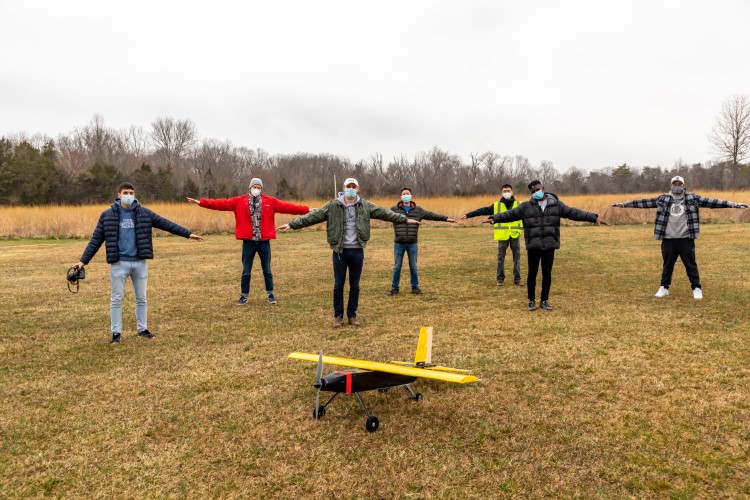Thermal Sensing Integration
Aug. 2024 – Present: Leading the integration of stereo thermal sensors at AirLab to improve autonomous navigation in varying weather conditions for the TartanDrive offroad vehicle. My work includes designing and fabricating custom sensor mounts. In addition, I am working on data integration and synchronization with existing vehicle systems by configuring ROS drivers and time-synchronization via a Teensy module.
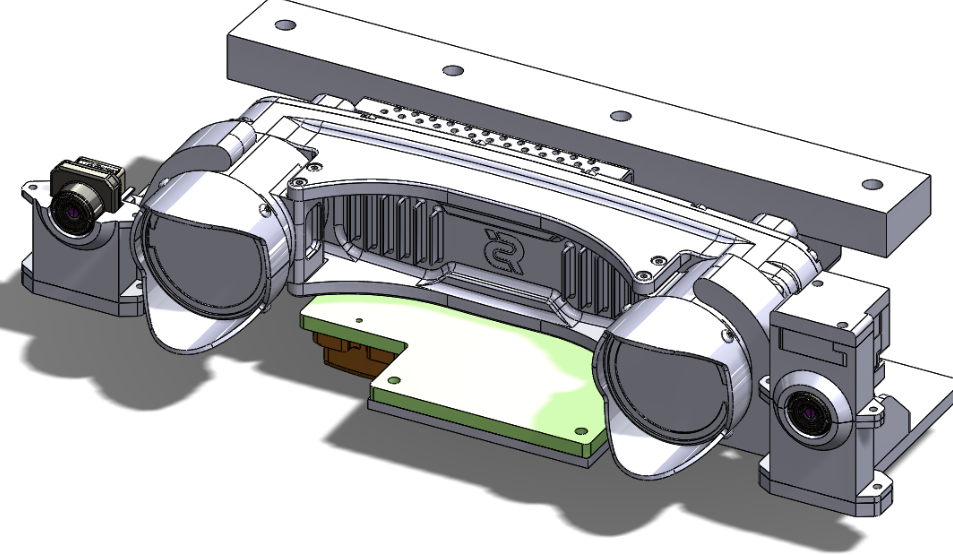
Humanoid Robot Learning
Apr. 2024 – May 2024: During the Robot Learning course, this group project focuses on enhancing the capabilities of humanoid robots through machine learning architectures. Utilizing the Humanoid-Bench framework, we have significantly improved the TDMPC2 algorithm with decision transformers, reducing training times by 66% without sacrificing performance. We explored the potential of further replacing MLPs with transformers to further increase efficiency, as well as applying the approach to other robust algorithms such as the DreamerV3 platform. The project primarily deals with a humanoid robot performing a 'sit' task, simulated in MuJoCo. Link to GitHub.
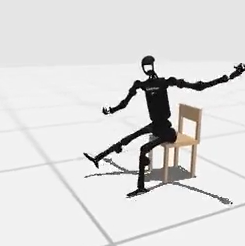
Offroad Autonomous Vehicle Control
Mar. 2024 – May 2024: At the AirLab of Carnegie Mellon University's Robotics Institute, and during the Advanced Engineering Computations (C/C++) course, I have developed an efficient C++ adaptation of the MPPI control framework, achieving a 50% increase in computational speed. This project also involves implementing the algorithm with LibTorch and GPU support, enhancing processing capabilities and conducting simulations with replay data to ensure robust decision-making and improve vehicle dynamics under various conditions.
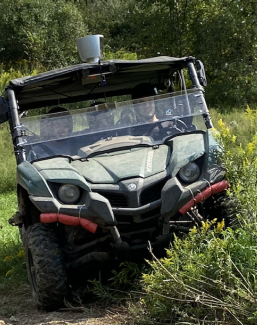
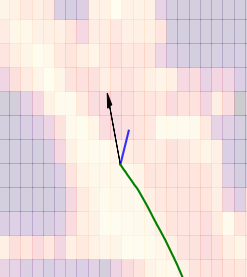
Synthetic Dataset Generation for Offroad Navigation
Feb. 2024 – May 2024: This group project at AirLab and part of Visual Learning & Perception course, involves advancing RGB to Thermal Infrared image translation to generate synthetic datasets, specifically for off-road navigation. The project has seen the training of multiple model architectures, including U-Net, diffusion-based, and GANs, using the Freiberg Thermal dataset to create robust training data for downstream tasks such as depth estimation and object detection.

Self-Driving Car & Drone Controller Project
Nov. 2023 – Dec. 2023: Completed as part of the Modern Control Theory Course at Carnegie Mellon University, this project series involved developing control systems for an autonomous car in a Webots simulation using Python. I implemented and tested popular control algorithms included PID, pole placement, and Model Predictive Control (MPC), along with A-star (A*) pathfinding algorithms. An Extended Kalman Filter was implemented for SLAM to enhance vehicle localization, such as in GPS-limited environments. Additionally, the project included designing MRAC and MPC strategies for a drone with impaired motor function, aiming at maintaining operational stability and adaptability.
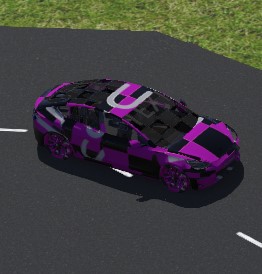
Computer Vision Group Project
Oct. 2023 – Dec. 2023: As part of the Computer Vision for Engineers Course at Carnegie Mellon University, this original project focused on the development of a computer vision program for augmented reality (AR) applications. The program, developed using Python and OpenCV, specialized in dynamic object tracking in challenging environments with obstructions. Key technologies utilized included Intel RealSense for spatial data and TensorFlow's MoveNet for accurate pose estimation. Link to GitHub.
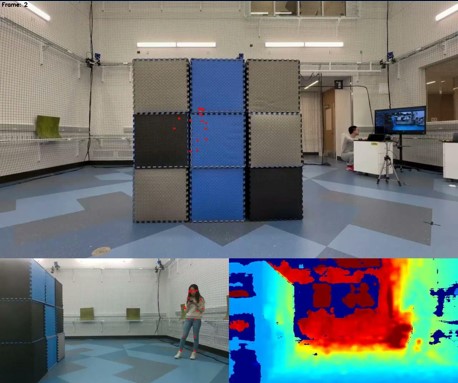
Sand Game: Engineering Computations
Oct. 2023: For my individual mini-project, I created my first complete C/C++ game program (around 2500 lines of code). I used openGL library to create a 2D game where the user can interact with the environment and sand psections against a programmed CPU. The game incorporates simple physics of sand psections, as well as a music player that is incorporated into the gaming logic! Link to GitHub.
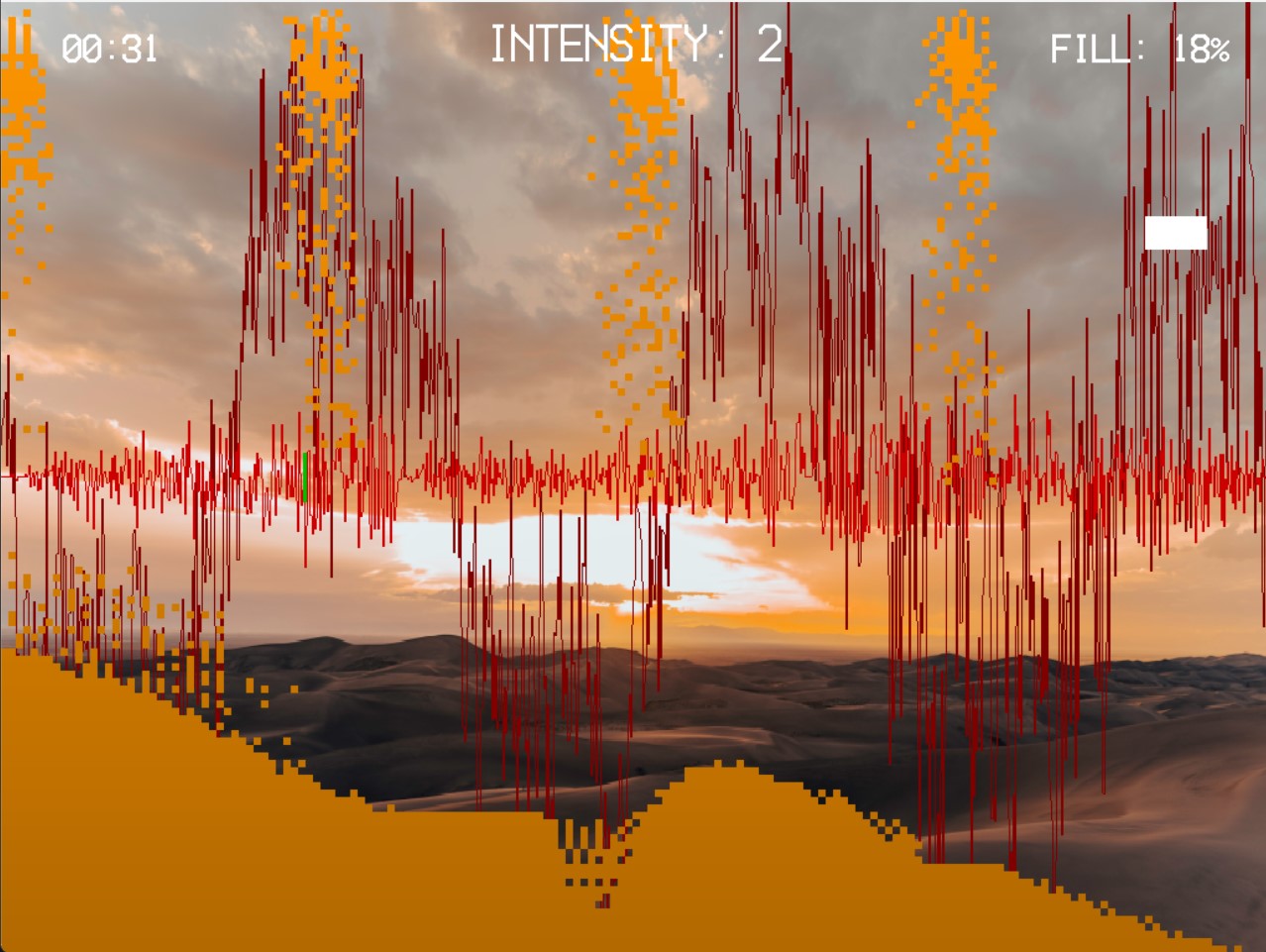
SecuFoam: Capstone Design Project (GWU)
Sept. 2022 – May 2023: This was an exciting project and experience where I partnered with students from other engineering disciplines at GWU’s School of Engineering and Applied Science. We worked together to develop hardware and software that can work simultaneously to improve the quality and access to information regarding public health in any given setting, such as a university. We successfully utilized and interconnected technologies such as Arduino, LoRa, and AWS to achieve our objective. Additionally, I gained significant experience where we tried our product commercially by making proposals at university-sponsored programs such as GWU Pitch George and GW I-Corps, the New Venture Competition to present our project!
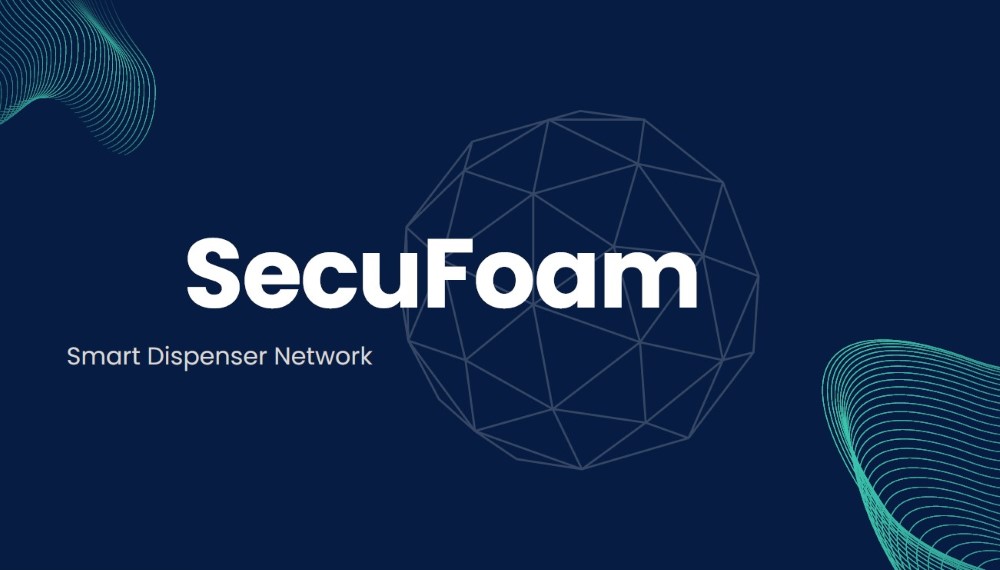
Equinox Nourish: Product Development (GWU)
Sept. 2022 – Dec. 2022: During my studies at GWU, it was a pleasure to be in a Product Management course, taught by Dr. Johan Ferreira at GWU’s Business School. I had an opportunity to extensively learn about the product development process from the ground up. As result, in a group we developed a product “proposal” for Equinox in which we discussed the market opportunity, financial feasibility, and marketing approach.

Science and Engineering Hall: Thermal Systems Design (GWU)
Sept. 2022 – Dec. 2022: For another academic project, we were tasked to create an enviro-friendly and hydrogen fuel compatible redesign of GWU’s Science and Engineering Hall’s thermal system, including the air-conditioning, heating, and power generation for the building. I learned a great deal about advantages, drawbacks, and environmental impact of commonly used system configurations across the industry.
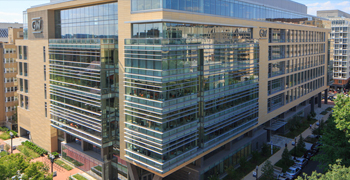
Screwdriver: Manufacturing Project (GWU)
Sept. 2021 – Dec. 2021: For one of the academic projects, we were tasked to apply the knowledge of machining equipment and techniques. Our team chose to recreate a screwdriver from scratch. In addition, the purpose of the project was for the students to able to create and execute a process plan which outlined the raw materials, machines to be used and their sequence, fixturing devices needed, cutters needed, deburring and cleaning processes, inspection process, assembly process, and anything else that was anticipated to go into the manufacturing process
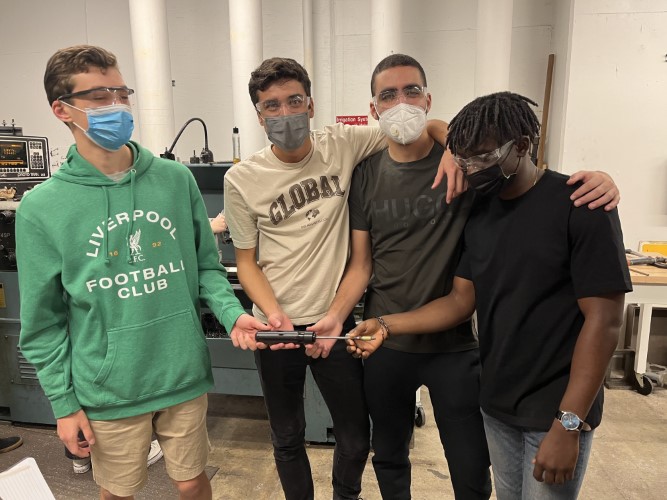
RC Plane: Design/Build/Fly Competition 2021 (GWU)
Jan. 2021 – March. 2021: As part of the annual international AIAA Design/Build/Fly competition, the George University built a remote controlled (RC) aircraft that can also execute specific functions. However, during the COVID-19 pandemic, our design team was forced to operate from home with limited ability to meet and work as a team. Yet, we successfully designed an aircraft, and we finally were able to meet and bring design to life. I contributed to manufacturing individual parts and assembly of a prototype plane. The design was a success and the team scored high in the international competition, placing 4th in the US and 6th in the world against over 200 teams!
